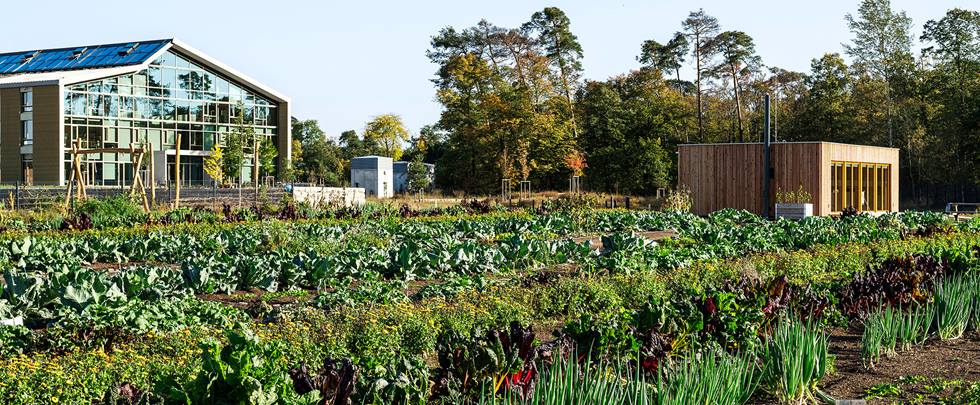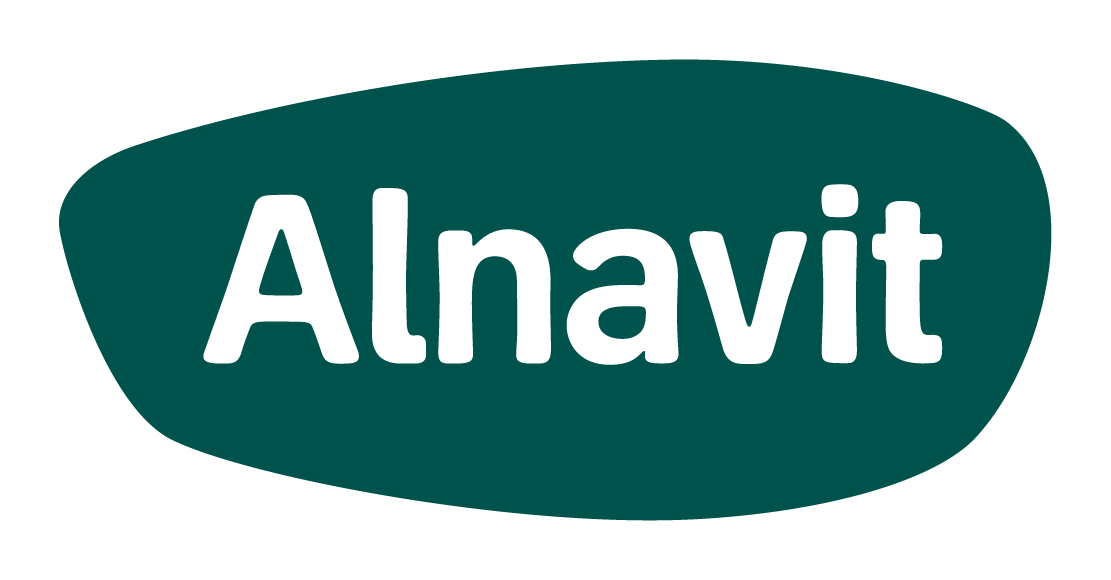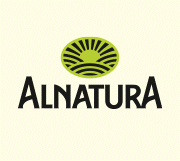
Sustainability: Every step counts
We understand sustainability as a continuous process. The biggest challenge with gluten-free products is to develop sustainable packaging that also ensures 100 percent product protection to avoid contamination. Especially for people who turn to FREE FROM products for health reasons, even the smallest traces of certain allergens can have adverse health effects. Nevertheless, we are convinced that every small step in the right direction counts and, together with our manufacturing partners, we do our best every day to get closer to this goal. We are already doing a lot to achieve this:
- Exclusively organic quality. We're going organic as a matter of principle and each of our products is certified according to the EU Organic Regulation. Organic farming is considered the most environmentally friendly form of agriculture. The focus is not only on the preservation and care of the soil, but also on animal welfare. Organic synthetic fertilisers and sprays are deliberately avoided and instead crop rotation and green manure are used to protect soil health. The use of genetic engineering in organic food is prohibited by EU law. We are very pleased that our gluten-free oats are even certified by Bioland.
- Guideline for meaningful packaging. Since 2013, we have been using the Alnavit guide for the development of meaningful packaging in cooperation with our manufacturer partners. It is based on life cycle assessments, expert evaluations and our own calculations of the CO2 footprint. For example, it states that wherever possible we avoid unnecessary packaging components such as clips or resealable labels on muesli and pasta packs. We have recently been able to reduce this in our fruit and chocolate mueslis and in Alnavit cornflakes.
- Consistent reduction of packaging waste. We continuously check how we can make the packaging of our products more sustainable and constantly challenge our manufacturing partners. And we've had great success. A recent example is the change in our bread roll packaging, which we implemented in the course of our relaunch. By not using paper outer packaging, we saved a full 8,354 tons of waste in 2020 compared to 2019.
- Careful handling of food. We to have to deal with excess production. In such cases, together with Alnatura, we cooperate with charitable organisations such as the Tafel.
- Sustainable office building. As a sibling company of Alnatura, we are delighted not only to be part of the working community, but also to use the Alnatura working environment as our office. At the beginning of 2019, we were able to move into this great building together, for which Alnatura even won the German Sustainability Award Architecture 2020. It is characterised by natural and sustainable materials and low energy requirements. For example, there is no air conditioning, the source of fresh air is the neighbouring pine forest and the water for the toilets and outdoor facilities comes from a massive, underground rainwater cistern.
- Sustainable communication materials. We also place great emphasis on sustainability in all our communication materials. Our first priority is always to check which print materials are evennecessary and beneficial for an all-round good feeling. For example, our analyses show that we reach our customers primarily digitally. If we use haptic materials, such as for sending product samples, we consistently use sustainable materials. The paper we use is at least FSC-certified or awarded the Blue Angel, and we print with mineral oil-free inks.




